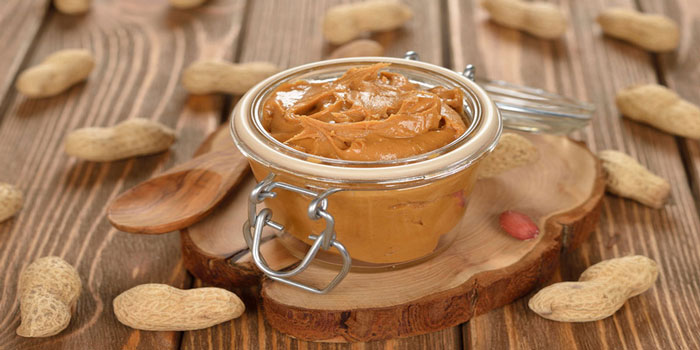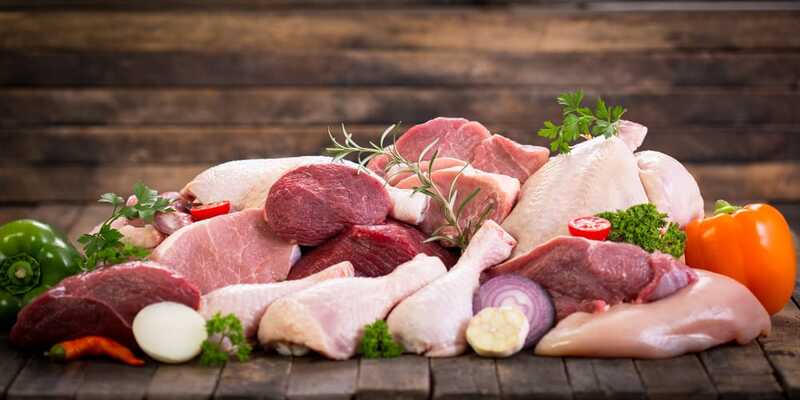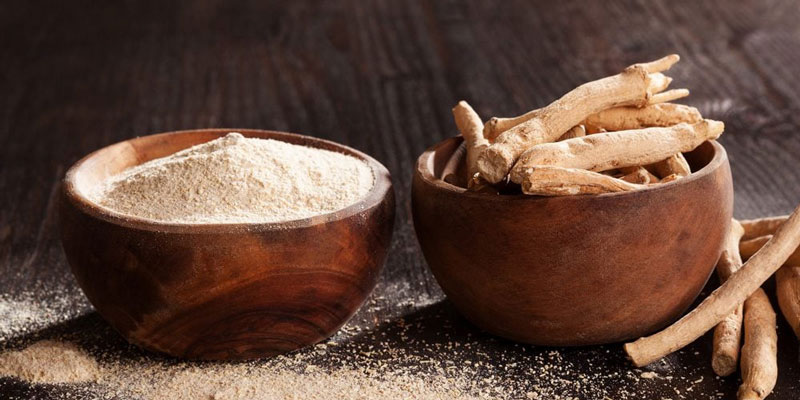Peanut butter is a well-known food spread that has been an essential component of the diet in many homes for years. Even though it is most often recognized for its robust taste and velvety consistency, it is also an excellent source of nutritious fats, protein, and other nutrients. It is essential to choose a peanut butter rich in protein if one wants to boost the amount of protein they consume, so folks should keep this in mind. There are a lot of different brands available on the market that sell peanut jars of butter that are rich in protein. These peanut kinds of butter often include other protein sources, such as whey, soy, and peanuts.
These high-protein peanut kinds of butter provide a quick and delicious way to add extra protein to your diet, supporting your efforts to improve your overall health and well-being. In this post, we will explore which brand of peanut butter has the most significant protein content, as well as what variables should be taken into account when selecting a peanut butter based on the protein level as well as other considerations.
Peanut Butter: A High-Protein Spread
Peanut butter is a popular spread made from ground, roasted peanuts. It is rich in protein, healthy fats, fiber, and various vitamins and minerals. Many people turn to peanut butter as a quick and convenient source of protein, especially those following a high-protein diet or looking to build muscle mass. In this article, we'll explore peanut butter's protein content and compare different peanut butter types to determine which one has the highest protein content.
Protein Content Of Peanut Butter
The protein content of peanut butter varies depending on the brand and type. On average, a 2-tablespoon serving (32g) of peanut butter contains around 7-8 grams of protein. This equates to about 15-16% of the recommended daily value (DV) for protein, based on a 2,000-calorie diet.
Different Types Of Peanut Butter
Several types of peanut butter are available on the market, each with its unique protein content and nutritional profile.
Regular Peanut Butter
This is the most common type of peanut butter, made from roasted peanuts that have been ground into a smooth, creamy spread. It is typically high in protein, healthy fats, and fiber but can also be high in added sugars, salt, and unhealthy fats.
Natural Peanut Butter
This peanut butter is made from peanuts and sometimes a small amount of salt. It has a slightly grainier texture and is usually oilier than regular peanut butter. Natural peanut butter tends to be lower in added sugars and unhealthy fats, but the protein content may vary depending on the brand.
Powdered Peanut Butter
This peanut butter removes most of the oil from roasted peanuts, resulting in a powder that can be reconstituted with water or other liquids. Powdered peanut butter is typically lower in calories and fat but higher in protein than regular or natural peanut butter.
Hydrogenated Peanut Butter
This peanut butter is made by adding hydrogen to the oil in peanuts, which helps extend its shelf life. However, hydrogenated oils are considered to be unhealthy and may increase the risk of heart disease. This type of peanut butter is also typically higher in unhealthy trans fats and lower in healthy monounsaturated and polyunsaturated fats than other types of peanut butter.
Comparing The Protein Content Of Different Peanut Butters
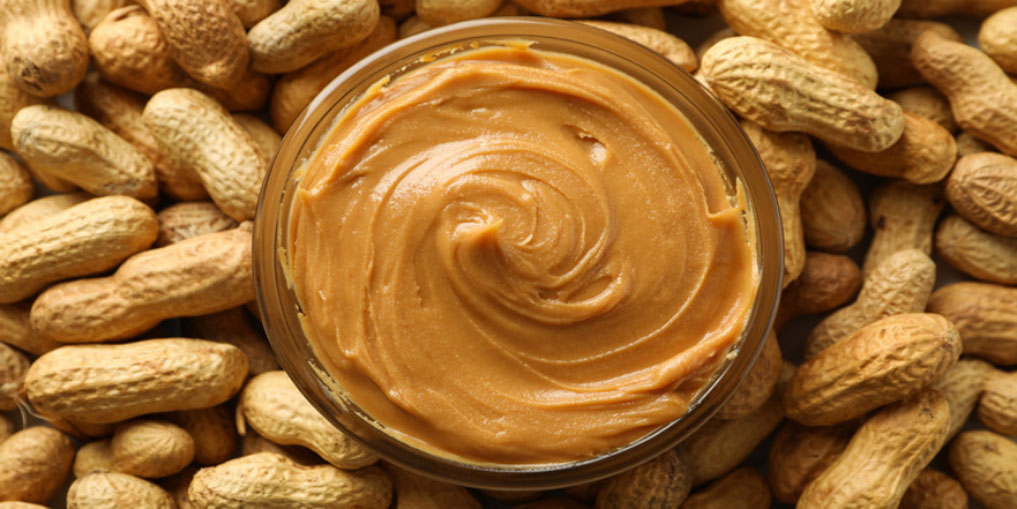
To determine which peanut butter has the highest protein content, we compared the protein content of several popular brands of regular, natural, and powdered peanut butter. Here are the results:
Regular Peanut Butter
The protein content of regular peanut butter varies greatly depending on the brand, ranging from 6 grams to 8 grams per 2-tablespoon serving.
Natural Peanut Butter
The protein content of natural peanut butter was generally similar to that of regular peanut butter, ranging from 7 grams to 8 grams per 2-tablespoon serving.
Powdered Peanut Butter
Powdered peanut butter had the highest protein content, with most brands containing around 10-12 grams of protein per 2-tablespoon serving.
Overall, powdered peanut butter is the type of peanut butter with the highest protein content. However, it's important to note that the protein content can vary depending on the brand, so it's always a good idea to check the label and compare different products before making a purchase.
Other Factors To Consider When Choosing A Peanut Butter
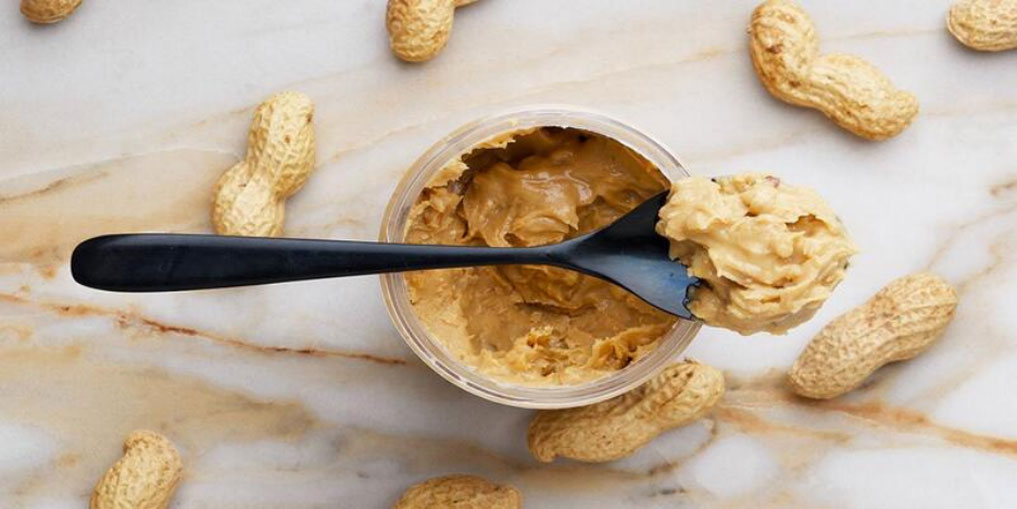
While protein content is an essential factor to consider when choosing peanut butter, there are several other factors to consider as well, including:
Fat Content
Peanut butter is a good source of healthy monounsaturated and polyunsaturated fats, but it can also contain unhealthy trans fats, especially in hydrogenated peanut butter. When choosing peanut butter, look for a product that is lower in trans fats and higher in healthy monounsaturated and polyunsaturated fats.
Sugar Content
Some peanut butter contain added sugars, which can be a concern for people watching their sugar intake. When choosing peanut butter, look for a product that is lower in added sugars or natural or unsweetened peanut butter.
Sodium Content
Some peanut butter contains added salt, which can concern people watching their sodium intake. When choosing peanut butter, look for a lower-added salt product or natural or unsalted peanut butter.
Ingredients
Peanut butter can contain various added ingredients, such as hydrogenated oils, stabilizers, and emulsifiers. When choosing peanut butter, look for a product with as few added ingredients as possible, or opt for natural peanut butter with just peanuts and sometimes a small amount of salt.
Taste And Texture
Peanut butter can have a wide range of flavors and textures, from smooth and creamy to crunchy and chunky. When choosing peanut butter, consider your personal preferences and select a product that meets your taste and texture preferences.
Conclusion
In conclusion, several options are available on the market when it comes to finding the peanut butter with the highest protein content. High-protein peanut kinds of butter contain additional protein sources such as whey or soy, resulting in a higher protein content than traditional peanut butter. Popular high-protein peanut kinds of butter include P28 Foods, MusclePharm, and Quest Nutrition. When choosing a peanut butter based on protein content, it's essential to consider other factors such as fat, sugar, sodium, ingredients, and taste and texture. With some research and comparison, you can find the peanut butter that best fits your protein needs and personal preferences.
